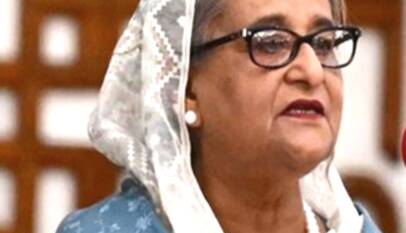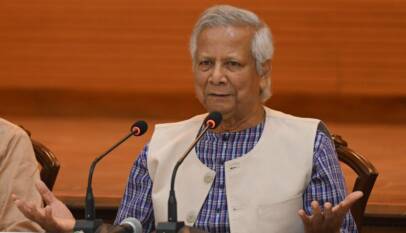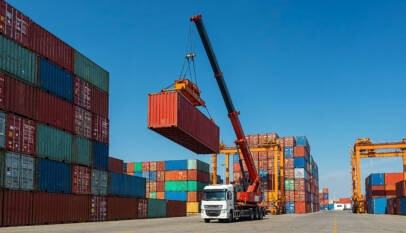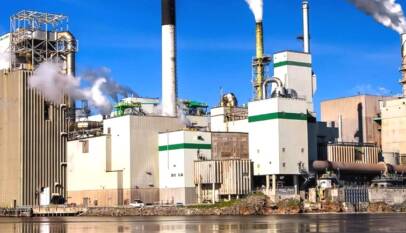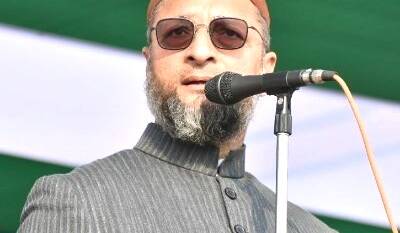Adani Power gives November 7 deadline to Bangladesh for clearing dues
Bangladesh is grappling with an escalating power crisis, compounded by overdue payments owed to Indian energy suppliers, primarily Adani Power. Adani Power, which operates a 1,600 MW Godda plant in Jharkhand, exports significant amounts of electricity to Bangladesh but has reduced supply over unpaid dues totaling nearly $850 million. Other Indian suppliers, including SEIL Energy India and PTC, are also affected. SEIL, for instance, awaits $180 million in outstanding payments despite receiving a partial payment of $30 million.
Adani Power’s recent decision to cut its electricity exports to Bangladesh by half, reducing output from 1,496 MW to 724 MW, has placed the country under severe strain. The decision followed Bangladesh’s inability to secure a $170 million letter of credit by October 31, which did not meet the terms of the power purchase agreement. In response, Adani has warned the Bangladesh Power Development Board (BPDB) that if payments aren’t made by November 7, it may take additional steps to enforce the terms of the agreement.
The financial constraints have left Bangladesh facing critical shortages in power supply, especially affecting the garment industry, which accounts for 80% of national exports. With delays in product deliveries, some businesses have even rerouted shipments through the Maldives instead of Indian ports. Additionally, coal-based power plants in Bangladesh, once producing up to 7,099 MW, now generate only about 3,199 MW. Shortages in foreign currency reserves, limiting coal imports, have forced the Matarbari plant, a key 1,200 MW generator, to operate at reduced capacity, recently shutting down entirely and not expected to reopen until mid-December.
Beyond coal shortages, Bangladesh’s power supply has been hampered by gas limitations since June. Technical problems with one of the country’s floating storage and regasification units have reduced natural gas imports, cutting capacity to just 600 million cubic feet per day, down from the usual 1,100 million. Consequently, the supply deficit has deepened, disrupting industries dependent on steady power. Sectors ranging from food storage to manufacturing have been heavily impacted, with power cuts lasting for hours each day, increasing operational costs, and leading to spoilage of goods and inventory losses. In rural areas, residents and businesses face frequent outages, further straining productivity and adding to the economic burden.
These issues are further intensified by Bangladesh’s reliance on costly imported energy sources. Depreciating currency values and rising global costs have exacerbated the country’s foreign exchange challenges, curtailing the ability to pay monthly energy bills. Payments that previously ranged from $90-100 million per month have plummeted to as low as $20-50 million, accumulating debt and delaying vital payments to suppliers.
Bangladesh’s power agreements with Indian suppliers were largely established during Sheikh Hasina’s administration, but the deals have faced criticism for being opaque and costly. The current interim government has launched a review of 11 power agreements, including the one with Adani Power. Amid these investigations, the BPDB has managed to provide partial payments to some suppliers, like SEIL and PTC, yet the amounts fall short of stabilizing the power supply.
Adani Power’s continued communication with BPDB and other Indian suppliers’ openness to cooperation reflect attempts to maintain diplomatic and business relations. SEIL, supplying 250 MW directly and 200 MW through PTC, holds contracts based on BPDB’s sovereign guarantee, but these companies are cautiously awaiting payments before considering enforcement of their agreements. Adani, meanwhile, has reduced supply from its Jharkhand-based plant, with one 800 MW unit shut down and the second delivering approximately 500 MW.
As Bangladesh races to meet Adani’s payment deadline, its economic stability is increasingly at risk due to energy scarcity and rising costs.
Mirabai Chanu Smashes Three National Records at National Weightlifting Championships
Modinagar, Feb 2026 : Olympic silver medallist Mirabai Chanu delivered a commanding perfor…



